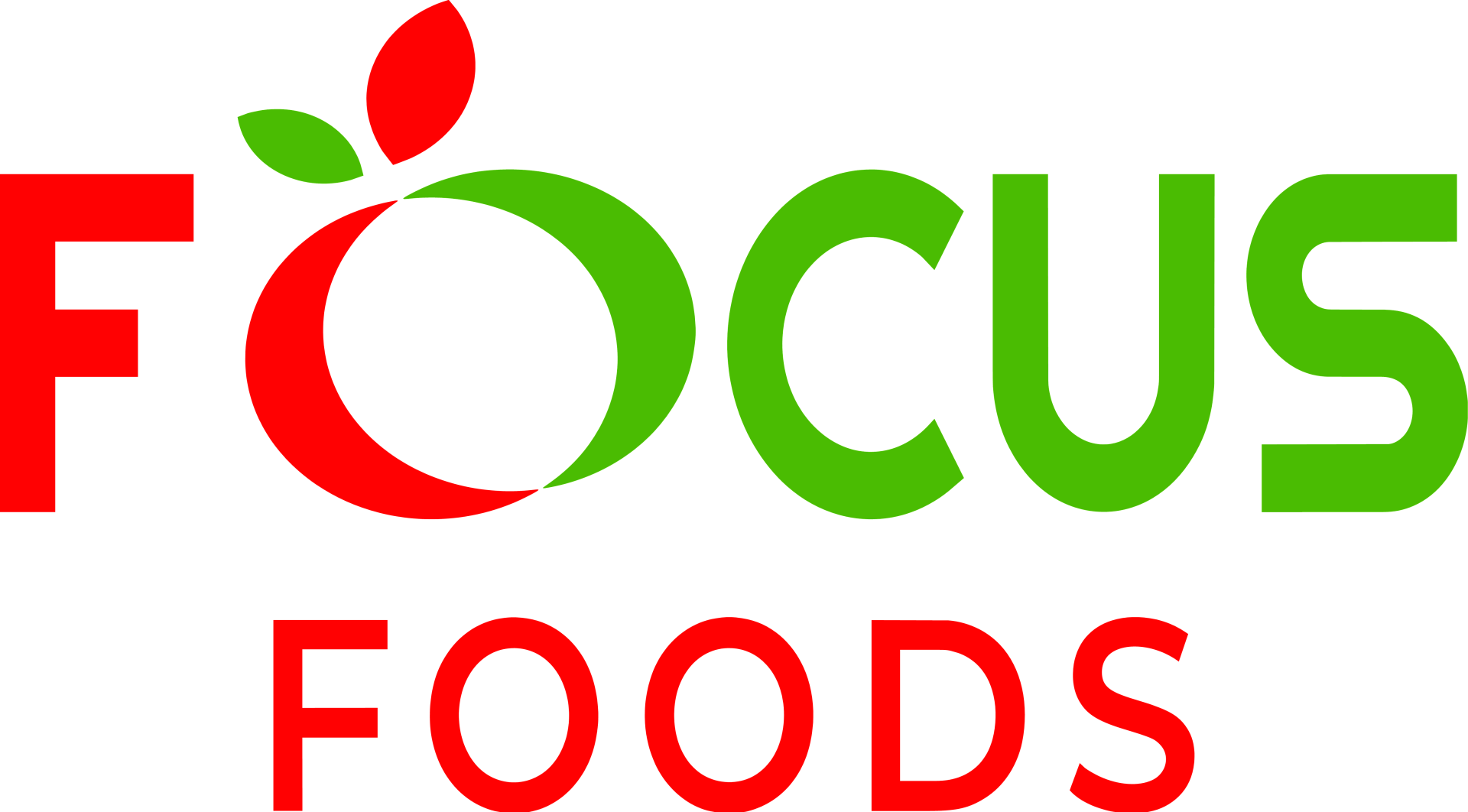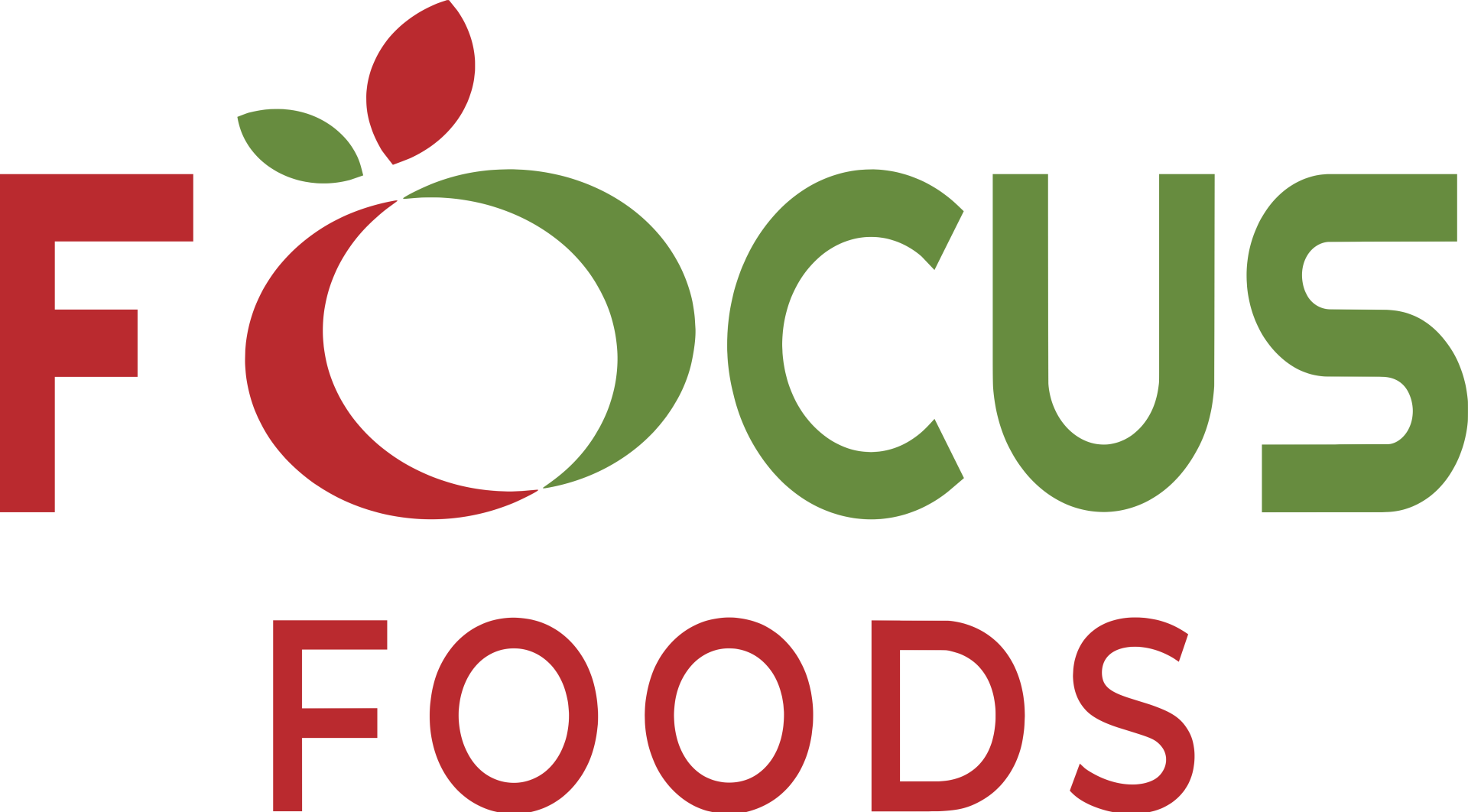Meal Program Resources
MEAL PROGRAM RESOURCES
Participation in our meal box service requires you to help educate your kids. You may use virtual learning tools provided by your schools or use the links below:
CACFP Resource Links
USDA & CACFP News & Updates
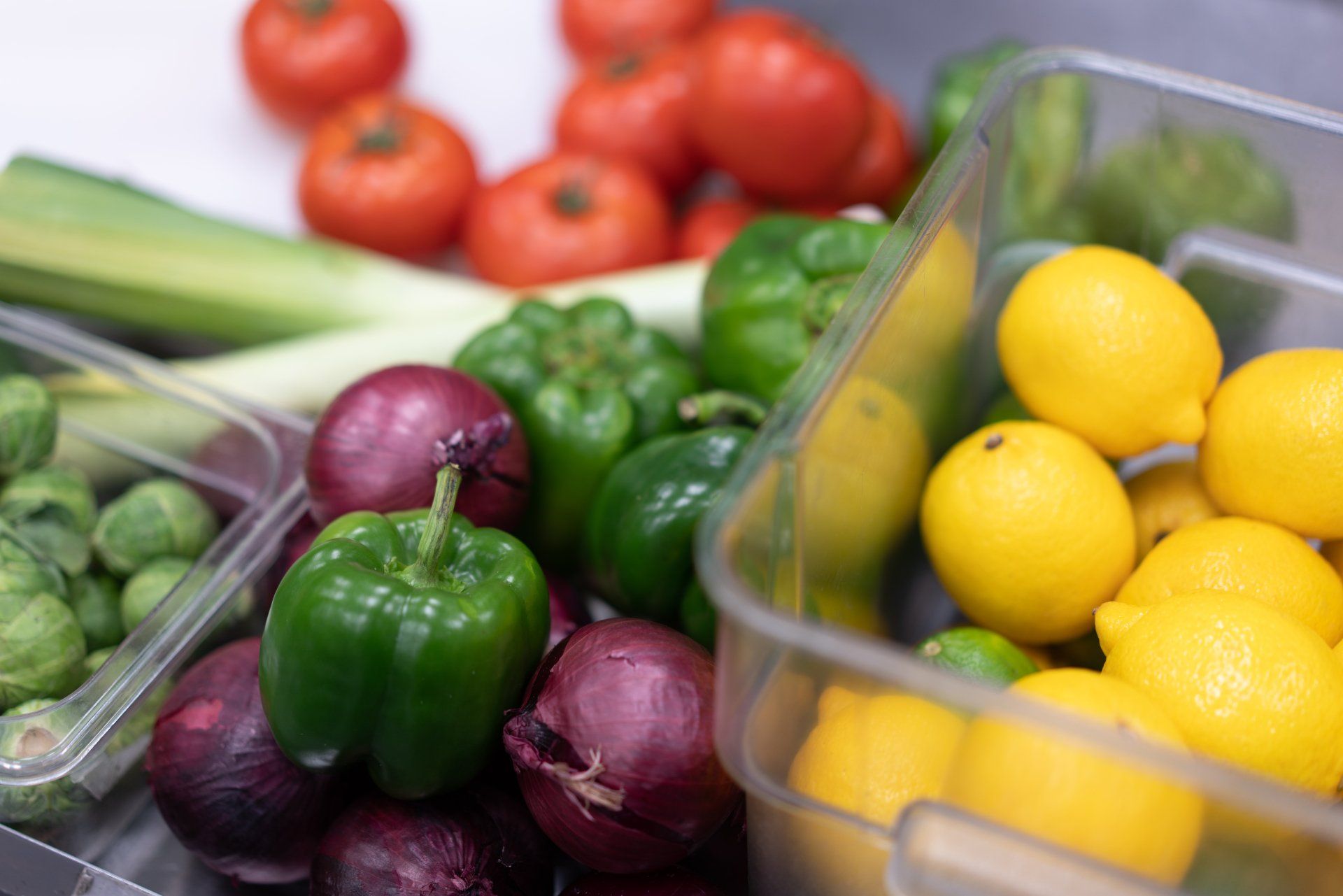
By Ned Fasullo
•
17 Dec, 2021
WASHINGTON, Dec. 17, 2021 – Agriculture Secretary Tom Vilsack is announcing today that the Biden-Harris Administration is providing up to $1.5 billion to states and school districts to help school meal program operators deal with the challenges of supply chain disruptions brought on by the pandemic.
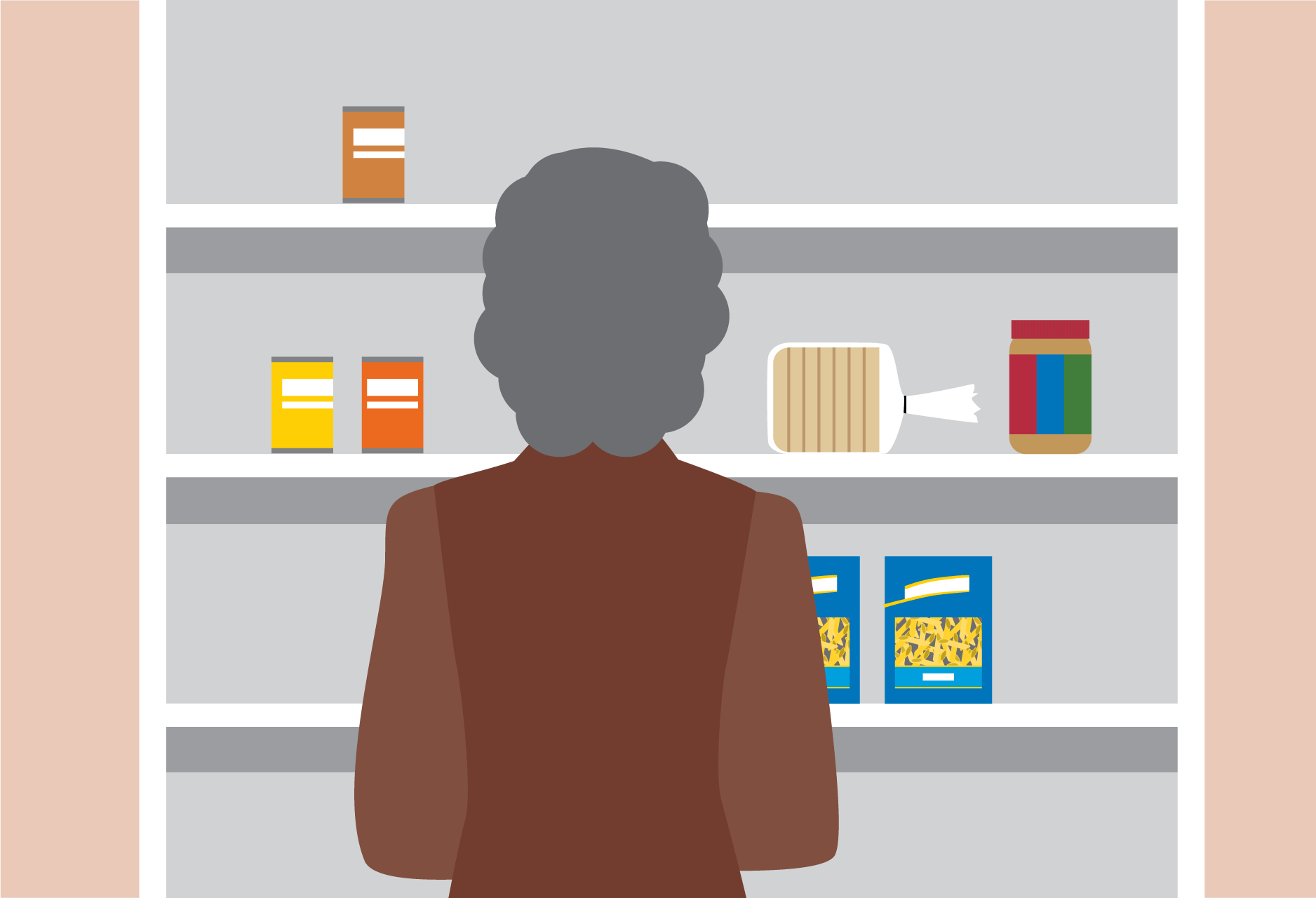
By AARP
•
16 Dec, 2021
A new study published in JAMA Network Open finds older Americans who struggle to put food on the table are likely to suffer from chronic stress that puts greater wear and tear on their bodies. However, the researchers behind the study say the federal Supplemental Nutrition Assistance Program (SNAP) appears to alleviate the harmful effects of the additional stress, according to their analysis of health data from 14,394 adults age 50 and older.
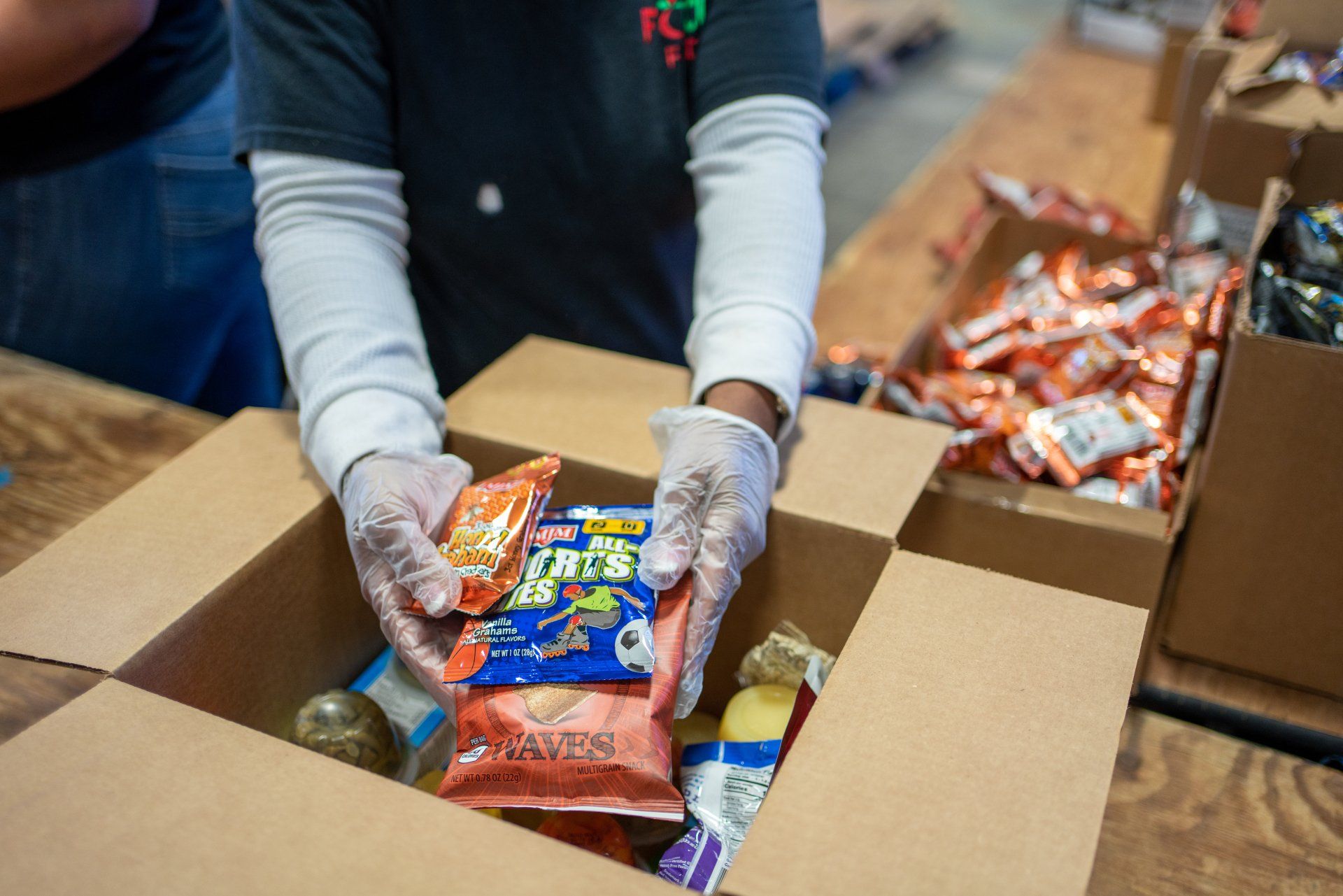
By Ned Fasullo
•
27 Oct, 2021
DATE: October 28, 2021 POLICY MEMO: CACFP 02-2022 SUBJECT: Child and Adult Care Food Program (CACFP) Flexibilities During COVID-19 Supply Chain Disruptions TO: Regional Directors, Special Nutrition Programs, All Regions, State Directors, Child Nutrition Programs, All States

By Ned Fasullo
•
24 Sep, 2021
Throughout the COVID-19 pandemic, America’s school nutrition professionals have overcome extraordinary challenges to ensure children’s access to nutritious meals. USDA continues to work in close partnership with schools and states to provide them with the tools, resources, and flexibilities they need to tackle those challenges and get nutritious meals to every child despite changing and unpredictable circumstances.

By USDA
•
22 Sep, 2021
This memo announces a new set of child nutrition program waivers for school year (SY) 2021-2022. Since March 2020, USDA has worked to ensure state agencies, schools and other community partners have the tools they need to maintain children’s access to nutritious meals during COVID-19. Most recently in April 2021, USDA released a suite of waivers to support a successful reopening in SY 2021-2022.

By USDA
•
15 Sep, 2021
Pursuant to the authority in Section 2202 of the Families First Coronavirus Response Act (the FFCRA) ( PL 116-127 ), as extended by the Continuing Appropriations Act 2021 and Other Extensions Act ( PL 116-159 ), and based on the exceptional circumstances of this public health emergency and current national supply chain constraints, the Food and Nutrition Service (FNS) is granting a waiver of certain fiscal action requirements in the National School Lunch Program (NSLP) and the School Breakfast Program (SBP). This waiver is available for any state where there is a supply chain disruption with respect to foods served under such a qualified program and such disruption is due to COVID–19. FNS is also extending this flexibility to the NSLP Seamless Summer Option (SSO) for the duration of this waiver. Section 2202(c) of the FFCRA permits the Secretary of Agriculture to grant a waiver relating to the nutritional content of meals served if the Secretary determines that a waiver is necessary to provide meals and meal supplements and that there is a supply chain disruption due to COVID-19, such as unanticipated cancellation of food and supply contracts and unexpected substitutions of food products by suppliers, with respect to foods served under the child nutrition programs. The Richard B. Russell National School Lunch Act, 42 USC 1769(c) establishes a unified accountability system, known as the school meal programs administrative review, and program regulations at 7 CFR 210.18 establish requirements for state agencies conducting administrative reviews of school food authorities (SFAs) operating the school meal programs. 2 Program regulations at 7 CFR 210.18(l)(2) require state agencies to take fiscal action for missing meal components or production records and for repeat violations involving milk type and vegetable subgroups. However, FNS recognizes that given current supply chain disruptions that are a result of the COVID-19 pandemic, state agencies and SFAs need additional support and flexibility to continue to serve meals to children during the COVID-19 pandemic. SFAs are facing various supply chain challenges in purchasing and receiving food through their regular procurement channels. Specifically, some districts and schools are experiencing unanticipated cancellation of food and supply contracts, lack of availability of certain foods, unexpected substitution of food products, and increased food and supply prices due to COVID-19 supply chain disruptions. Therefore, pursuant to the waiver authority cited above, FNS is granting a waiver, for all states, for the following regulations when there is a supply chain disruption with respect to foods served under the NSLP, SBP, or SSO and such disruption is due to COVID–19: The requirement to apply fiscal action for missing food components or missing production records as detailed in 7 CFR 210.18(l)(2)(i) ; and The requirement to apply fiscal action for repeated violations involving milk type and vegetable subgroups as detailed in 7 CFR 210.18(l)(2)(ii) . When determining whether this waiver is applicable during an administrative review, state agencies should consider all of the information SFAs have available that illustrates that a COVID-19 supply chain disruption occurred. This waiver is available through June 30, 2022. States are reminded that under 7 CFR 210.18(l)(2)(iii-iv) fiscal action for repeat violations of the requirements for food quantities and whole grain-rich foods, and for repeat violations of the dietary specifications for calories, saturated fat, sodium, and trans fat is discretionary. FNS strongly encourages state agencies to use this discretion not to take fiscal action for meal pattern violations resulting from supply chain issues when there is a supply chain disruption with respect to foods served under the NSLP, SBP, or SSO and such disruption is due to COVID–19. FNS is committed to supporting schools in serving the most nutritious meals possible this school year, and expects schools to meet meal pattern requirements to the greatest extent possible. Before implementing this waiver, states should consider other options, such as the emergency procurement flexibilities at 2 CFR 200.320(c) , to ensure meal pattern requirements continue to be met to the greatest extent possible. However, FNS understands schools are concerned about their ability to meet the meal pattern requirements due to supply chain constraints, and we encourage state agencies to use this flexibility when there is a supply chain disruption due to COVID-19 that is preventing NSLP, SBP, or SSO meal service during the school year. FNS will continue to focus its technical assistance resources on any specific challenges schools face. This waiver may be implemented by states for school food authorities that are experiencing a supply chain disruption with respect to foods served under the NSLP, SBP, or SSO and such disruption is due to COVID–19. State agencies must notify their respective FNS Regional Office of the supply chain disruption(s) that impact meal service in their state for use of the waiver. FNS reminds state agencies that a COVID-19 supply chain disruption with respect to foods served under the NSLP, SBP and SSO is an ongoing condition that must apply to continue using the waiver. As required by Section 2202(d) of the FFCRA, each state that elects to be subject to this waiver must submit a report to the Secretary not later than 1 year after the date such state elected to receive the waiver. The report must include: A summary of the use of this waiver by the state agency and A description of whether and how this waiver resulted in improved services to program participants. 3 FNS appreciates the exceptional effort of state agencies and local program operators working to meet the nutritional needs of participants during a challenging time. State agencies should direct questions to the appropriate FNS regional office . Sarah Smith-Holmes Director Program Monitoring and Operational Support Division ___________________ 1 Pursuant to the Congressional Review Act ( 5 USC 801 et seq.), the Office of Information and Regulatory Affairs designated this waiver as not major, as defined by 5 USC 804 (2). 2 The burden associated with administrative reviews for the School Meals Programs is included at OMB Control # 0584-0006, Information Collection for the National School Lunch Program – Part 210 (7/31/23) 3 The annual burden associated with this waiver’s reporting requirements will be incorporated into future revisions to School Meals Operations Study: State Agency COVID-19 Child Nutrition Waivers Evaluation, Office of Management and Budget (OMB) control number 0584-0607, expiration date Aug. 31, 2022. The annual burden associated with the requirement for states to elect to be subject to Nationwide waivers will be included in an upcoming change request to FNS Information Collection Needs due to COVID-19, OMB Control #0584-0654, expiration date Jan. 31, 2022 09/15/2021 The contents of this guidance document do not have the force and effect of law and are not meant to bind the public in any way. This document is intended only to provide clarity to the public regarding existing requirements under the law or agency policies.
